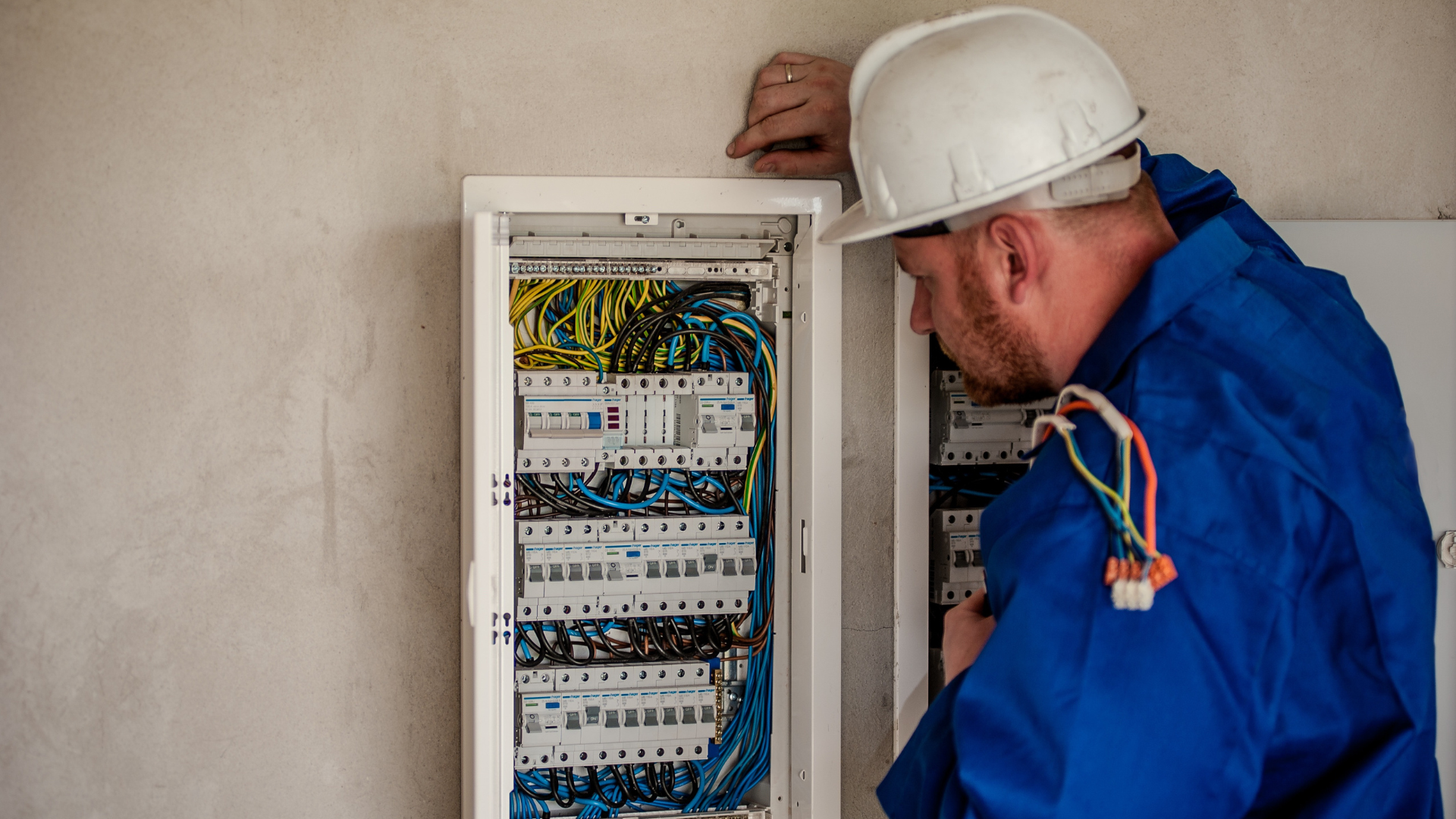What’s Like To Be an Electrician: The Ins and Outs of the Industry
Have you ever thought about what it’s like to be an electrician? It’s a fascinating industry and one that many of us don’t know much about. In this blog article, we’ll discuss the ins and outs of the electrician industry. You’ll learn about the day-to-day tasks of an electrician and the challenges they face in their career. So buckle up and join us as we take a deep dive into this exciting profession!
What Electricians Do
As an electrician, your job is to install, maintain, and repair electrical systems. This can include anything from wiring a new home to repairing a faulty light switch. No matter what the job entails, you must have a strong understanding of electrical theory and follow safety protocols. In some cases, you may be working alone. However, in other instances, you will be part of a team of electricians working on a larger project. Whichever is the case, it is important that you can take direction and work well with others. Additionally, having the necessary electrical supplies is crucial for efficiency, recognizing that it’s not feasible to run to an electrical shop every now and then. Therefore, establishing relationships with reliable Electrical Suppliers in Ipswich, or a nearby location, becomes essential to streamline the workflow and ensure a steady and well-equipped operation.
An electrician’s work can be both physically and mentally demanding. You need to be able to lift heavy objects, climb ladders, and work in tight spaces. You also need to be able to focus for long periods and pay attention to detail.
Different Types of Electricians
There are three main types of electricians: residential, commercial, and industrial. Residential electricians work in people’s homes, installing outlets, switches, and other electrical fixtures. They also do repairs when something goes wrong.
Commercial electricians work in businesses. They install and maintain the electrical systems that power office buildings, stores, and other commercial facilities. Industrial electricians work in factories and other industrial settings. The tasks of an electrician in an industrial setting could be the installation of Industrial Process Machinery for conveying, grading, separating, drying, etc., and maintenance of that equipment. The presence of an in-house electrician can ensure they could quickly resolve faulty operations and any other issue related to the machine’s functioning.
Qualifications and Training Required for Electricians
As an electrician, you will need to have a high school diploma or equivalent. You will also need to complete an apprenticeship program that lasts four years. During your apprenticeship, you will receive on-the-job training as well as classroom instruction. You will also learn the skills necessary to perform the job safely and effectively. After you have completed your apprenticeship, you will need to take a licensing exam. You need to pass this to become a licensed electrician. If you are an aspiring professional seeking guidance and knowledge enhancement in this field, you can explore online courses at Digital Constructive or other such online education platforms, which offers a convenient and valuable resource to aid your journey towards becoming an electrical contractor.
Benefits of Being an Electrician
There are many benefits to being an electrician. For one, electricians are in high demand. The Bureau of Labor Statistics projects that the employment of electricians will grow by 9% from 2016 to 2026. That is faster than the average for all occupations. This means that there will be plenty of job opportunities for electricians.
In addition to good job prospects, electricians also enjoy good pay. The median annual wage for electricians was $52,720 in May 2017, which is much higher than the median annual wage for all occupations of $37,690. Electricians also have the potential to earn even more money through overtime and shift differential pay. Another benefit of being an electrician is that it can be a very rewarding career. Electricians help power our homes and businesses and keep the lights on. They work with a variety of people and get to see the results of their work every day.
Electricians also have the opportunity to learn new things. They keep up with the latest technological advances in their field.
Challenges Faced by Electricians
As an electrician, you will face many challenges on the job. You may need to work in difficult or dangerous conditions, such as in tight spaces or on high scaffolding. You may also be exposed to electrical hazards. To protect yourself and others, you must always follow safety precautions and equip yourself with proper safety gear such as a hard hat, safety glasses, and rubber gloves (like those found on unigloves.co.uk), among others.
In addition to physical challenges, electricians also face mental challenges. The job can be mentally demanding, as you must often solve complex problems and make quick decisions. You must also have a good understanding of electrical theory. As an electrician, you must be able to read and interpret blueprints and other technical drawings.
Despite the challenges, many electricians find their job to be rewarding and fulfilling. They take pride in their work and are satisfied with helping to power homes and businesses. If you are up for the challenge, becoming an electrician can be a great career choice.



